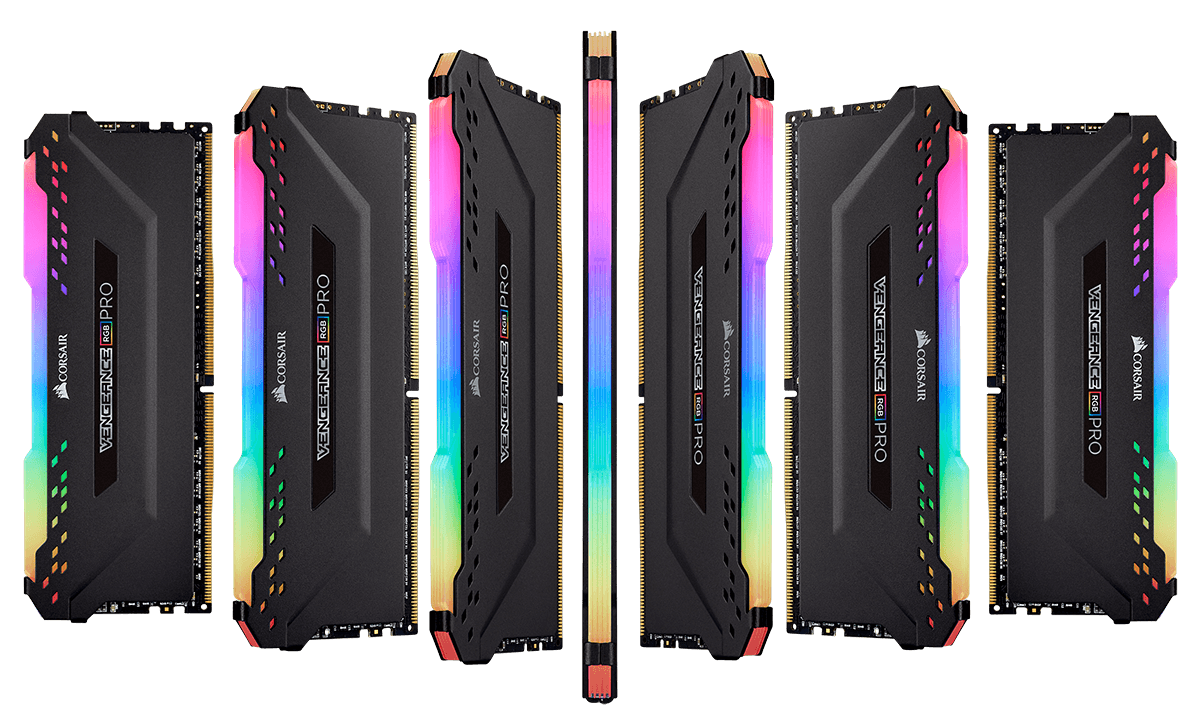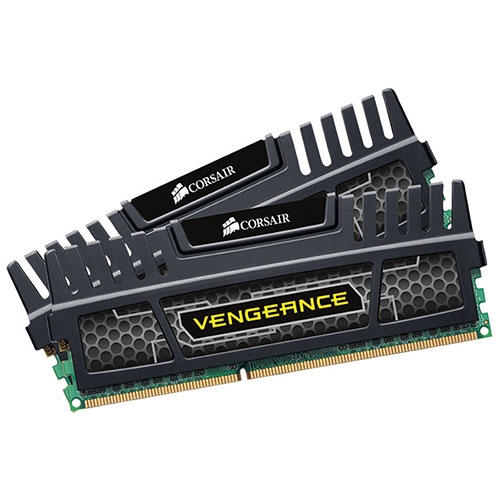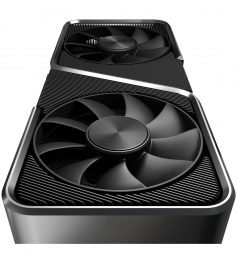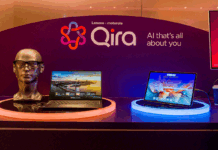 I am amazed at the lack of patience I have when using my computer. I grew up in the age of dial-up internet, when it took half an hour to download one song. But these days, I throw a temper tantrum if my computer doesn’t leap into action at the very first click. No one likes a slow computer, but it can be hard to tell what’s to blame for the slowness. And there are many things you can do and computer components you can tweak to speed up your machine. Here’s a list of the most common causes of computer slow down and ways to address them.
I am amazed at the lack of patience I have when using my computer. I grew up in the age of dial-up internet, when it took half an hour to download one song. But these days, I throw a temper tantrum if my computer doesn’t leap into action at the very first click. No one likes a slow computer, but it can be hard to tell what’s to blame for the slowness. And there are many things you can do and computer components you can tweak to speed up your machine. Here’s a list of the most common causes of computer slow down and ways to address them.
Slowdown at start-up
You open your laptop at the start of your work day, ready to be productive. Good for you! Unfortunately, your computer has other plans for the next while. This slowdown is the easiest and cheapest to address, by making a few minor configuration changes.
- Curate your start-up programs. You may have an armada of applications that are all competing with your computer’s resources on start up. Go through the list of those applications and find the ones that can wait until you need them. Simply turn off ‘launch at start-up’ for the unnecessary applications.
- Set a better time to update. It won’t be every day that the Windows update fairy comes to visit, but when it does, it will slow your entire computer down to a crawl. Make sure that you have automatic updates set to run at a time where you will absolutely not need your computer. And change your power saving options so that your computer isn’t going to sleep half-way through the update.
Multiple browser tab slowdown
 It’s a big digital world, and you need to see as much of it as possible. That’s why you have a bunch of browser tabs open. I’m not judging your browsing habits, by the way. I have a tab for music, one for email, one for twitter, one for Facebook, one for my calendar, and about 3-10 more that I don’t remember exactly why they are open. But browsers are ravenous for memory. If you have to wait as the seconds tick by when you switch from one tab to the other, you are out of RAM. Upgrading your system’s RAM is an easy process, more so for desktops than laptops. You’ll see an immediate improvement in computing speed when you upgrade your RAM. Before you buy your new RAM, make sure you have room for the new stuff. A RAM kit like the Corsair Vengeance is meant to be installed in pairs, so you’ll have to have 2 free slots.
It’s a big digital world, and you need to see as much of it as possible. That’s why you have a bunch of browser tabs open. I’m not judging your browsing habits, by the way. I have a tab for music, one for email, one for twitter, one for Facebook, one for my calendar, and about 3-10 more that I don’t remember exactly why they are open. But browsers are ravenous for memory. If you have to wait as the seconds tick by when you switch from one tab to the other, you are out of RAM. Upgrading your system’s RAM is an easy process, more so for desktops than laptops. You’ll see an immediate improvement in computing speed when you upgrade your RAM. Before you buy your new RAM, make sure you have room for the new stuff. A RAM kit like the Corsair Vengeance is meant to be installed in pairs, so you’ll have to have 2 free slots.
Video game Slowdown
 Oh, this type of slowness is particularly painful to me. Nothing ruins a game faster than, well, not being fast. You snap your scope up and spin to look for your opponent, only to wait for the game to eventually show you what you need to see. And by the time it does render, you’ve lost the shot and are under fire. This calls for a more powerful video card. If you don’t have a video card capable of easily handling the demands of whatever game you’re playing, you are not going to have fun. Replacing your video card with a higher powered one like the NVIDIA GeForce RTX 3070 is relatively easy. Check the power demands and the type of video card slot that your system has before buying. And if you’re not comfortable with swapping out components, have the new card installed by the qualified technicians at Geek Squad.
Oh, this type of slowness is particularly painful to me. Nothing ruins a game faster than, well, not being fast. You snap your scope up and spin to look for your opponent, only to wait for the game to eventually show you what you need to see. And by the time it does render, you’ve lost the shot and are under fire. This calls for a more powerful video card. If you don’t have a video card capable of easily handling the demands of whatever game you’re playing, you are not going to have fun. Replacing your video card with a higher powered one like the NVIDIA GeForce RTX 3070 is relatively easy. Check the power demands and the type of video card slot that your system has before buying. And if you’re not comfortable with swapping out components, have the new card installed by the qualified technicians at Geek Squad.
Intensive use Slowdown
 You’re not really asking very much of your computer when you use a word processing application. On the other hand, when you’re editing videos from your vacation into a full movie, you’re pushing your hardware to its limit. You’ll know your going past the machine’s limits when it becomes completely unusable while running a high intensity task. And that is a sign that you need a more powerful CPU. Unless you’re an experienced PC builder (or an adventurous risk taker) replacing the CPU is beyond your scope. You are better off shopping for a new PC that can handle your computing demands. Take a look at a PC like the Dell Gaming PC as your workstation/gaming PC. And do yourself a favour by researching recommended hardware specifications from the online communities who use the same application you’re planning to use. Their experience will help you make the right choice.
You’re not really asking very much of your computer when you use a word processing application. On the other hand, when you’re editing videos from your vacation into a full movie, you’re pushing your hardware to its limit. You’ll know your going past the machine’s limits when it becomes completely unusable while running a high intensity task. And that is a sign that you need a more powerful CPU. Unless you’re an experienced PC builder (or an adventurous risk taker) replacing the CPU is beyond your scope. You are better off shopping for a new PC that can handle your computing demands. Take a look at a PC like the Dell Gaming PC as your workstation/gaming PC. And do yourself a favour by researching recommended hardware specifications from the online communities who use the same application you’re planning to use. Their experience will help you make the right choice.
Data transfer slowdown
This type of slowdown will be much more intermittent, in comparison to the underpowered CPU situation. This slowdown is caused by the computer running out of data bandwidth while writing information to the hard drive. The read/write speed of the hard drive limits how much data can be moved in either direction per second, and if it hits that limit, your PC cannot do anything else until the task finishes. The fix for this is upgrading the hard drive. You’ll have two upgrade options:
1)upgrade to a more powerful hard disk drive (HDD). This is the regular type of hard drive that stores the data on spinning disks. They’re easy to find and affordable.
2)upgrade to a solid state drive (SSD). An SSD uses the same technology that your USB memory sticks use. They are noticeably faster than HDD, but they have a slightly shorter lifespan that a hard disk drive does.
General intermittent Slowdown
 This is the type of slowness that can induce madness in a PC user. You cannot see any one cause for the slowness, but it happens frequently enough that you get worried. I don’t want to alarm you, but maybe someone else is using your PC. I’m talking about insidious malware or a devious virus using your PC without your permission. Even the most vigilant PC user can get stung by a dirty website or harmful link. And that is why your first step when having any computer issues is to run your antivirus and anti-malware application, like McAfee Total Protection.
This is the type of slowness that can induce madness in a PC user. You cannot see any one cause for the slowness, but it happens frequently enough that you get worried. I don’t want to alarm you, but maybe someone else is using your PC. I’m talking about insidious malware or a devious virus using your PC without your permission. Even the most vigilant PC user can get stung by a dirty website or harmful link. And that is why your first step when having any computer issues is to run your antivirus and anti-malware application, like McAfee Total Protection.
Still having problems with a slow computer?
We all hate slowdown, but you can take the simple steps above to lessen the time you spend waiting to use your computer. Keep track of when you see the slowdown, know what you need your computer to do, and make sure you have the right tools to do the job. If you have questions you can also visit the GeekSquad team at any Best Buy location or contact them online for helpful advice.
image from corsair.com



